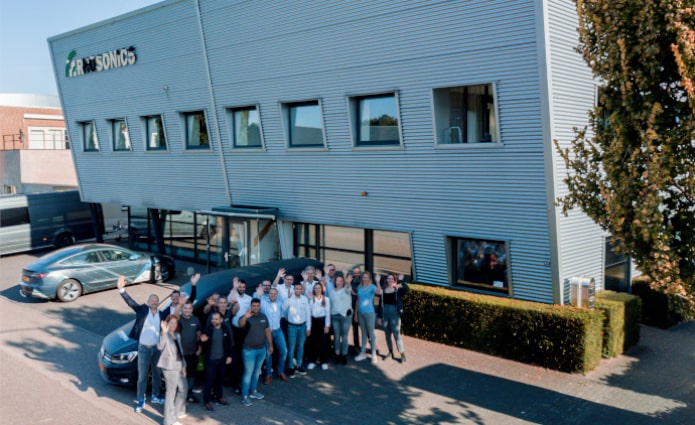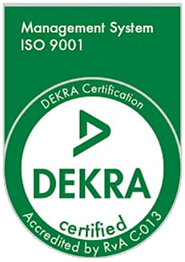Debate about Deep Sea mining intensifies
Tuesday 18 Apr 2023
Will deep-sea mining help or worsen the climate crisis?
Over the last decade, there has been an ongoing discussion on deep-sea mining for polymetallic nodules and what its effect is on the ocean’s ecosystem.
The polymetallic nodule is rich in manganese, nickel, cobalt, and copper. These are some of the most vital materials used to create solar panels, wind turbines, and electric cars.
Advocates of deep-sea mining claim these minerals can replace the carbon-emitting industries. Such as power stations, factories, and lorries.
Mining corporations argue that the extraction of these polymetallic nodules should be a top priority on a worldwide scale. The argument is that mining on land to meet the growing demand for these minerals would mean a significant environmental impact.
And that deep-sea mining is therefore an overall less harmful method of obtaining sufficient minerals. Although the CEO of the Metals firm, Gerard Barron, has not guaranteed a 0% impact, he does anticipate activities to be minimal and manageable.
However, those opposed argue it is not a suitable alternative as deep-sea mining could have destructive repercussions for the ocean’s ecosystem. They argue that polymetallic nodules are essential attachment sites for a range of organisms that cannot live directly in mud.
These inhabitants include octopuses as well as anemones, sponges, corals, nematode worms, and tiny tardigrades. In addition, according to scientists, there are still a huge number of species undiscovered in the abyss. They also claim that there is no significant research to explore the long-lasting impact that deep-sea mining could have.
The ISA
On March 21 to April 1, The International Seabed Authority (ISA) had a meeting at its headquarters in Kingston, Jamaica. This was in the hope to finalize the rules and regulations of deep-sea mining.
However, talks were unsuccessful, and are to reconvene in July 2023. Many have criticized the ISA secretary-general, Michael Lodge, for rushing the decision and are calling for a temporary ban or halt until further research is available.
According to a memo, the Republic of Nauru has stated that should no legal framework be set up by July 2023, any mining application summited should get immediate approval. Allowing for the extraction to go ahead as early as 2024.
As of now a spokesman of the ISA has stated “The regulations will only get approval should ISA’s members reach a consensus on its content.”
To date, there have been more than 20 exploration contracts awarded to explore the Clarion-Clipperton zone.
Want to have frequent updates on our products? Then please subscribe to our newsletter or follow us on our social media accounts at LinkedIn, Twitter and Instagram.
Receive our technical update?
Fill in your name and email address and we’ll keep you in the loop on our latest technology updates.



